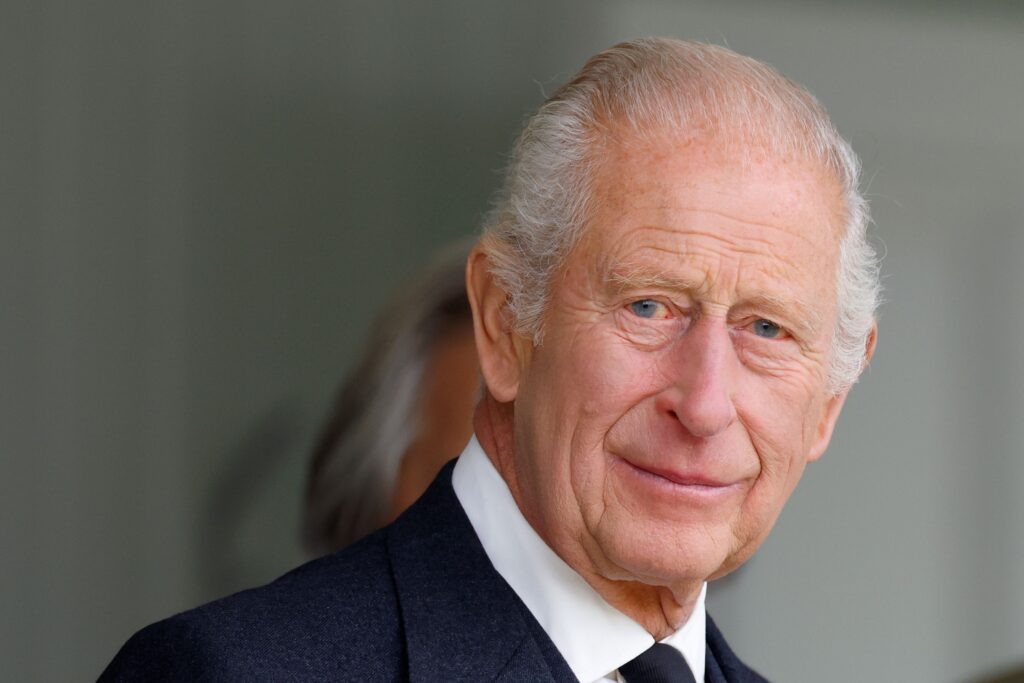King Charles III’s monarchy is in its deepest popularity slump ever recorded by a major research charity in 42 years of polling—eclipsing the downturn of the Princess Diana era.
In 1983, 86 percent of U.K. adults thought the royal family were important compared to 51 percent in 2024, according to the British Social Attitudes survey released by the National Centre for Social Research on Thursday.
At the same time, support for abolishing the Monarchy has risen from 3 percent to 15 percent during that time. Those who felt it was unimportant but who stopped short of backing abolition rose from 10 percent in 1983 to 31 percent in 2024.
Newsweek has contacted Buckingham Palace. The royals never comment on polling as a matter of policy.
Alex Scholes, research director at the National Centre for Social Research, said in a statement: “British Social Attitudes has been tracking views on the monarchy for over 40 years, and the latest data show just how much opinion has shifted.
“Support for the monarchy is now at its lowest level since our records began, with more people than ever questioning its future.”
There is stark data showing a collapse among diehard monarchists, with 64.6 percent saying it was “very important” to continue having a monarchy in 1983 compared to 24.1 percent in 2024, another record low. The previous low, of 27.1 percent, was recorded in 2006—the year the Operation Paget report, a criminal investigation on conspiracy theories surrounding Princess Diana’s death, was released.
A further 26.7 percent felt it was “quite important” while 20 percent said “not very important” and 11.2 percent went for “not important at all.” An additional 15 percent wanted to to scrap it altogether.
“When asked to choose directly, a majority of the public still prefer to keep the monarchy over moving to an elected head of state,” Scholes added.
“This tension, between declining importance and continued preference, will be crucial in shaping debates about the monarchy’s role in the years ahead.”
Interestingly, when the pollsters gave respondents fewer options, support for abolishing the monarchy more than doubled.
Asked simply “do you think the U.K. should continue to have a monarchy, or should it have an elected head of state instead?” 58 percent said they wanted to keep the royals but 38 percent wanted to elect a head of state.
Among 16-24-year-olds, republicans (67 percent) outnumbered royalists (30 percent) by more than double when the question was phrased that way.
There have been other dips for the monarchy over the years, including during the era Princess Diana’s messy divorce from Charles and after her death in a 1997 Paris car crash.
However, even during the 1990s the percentage who felt it was important to continue to have a monarchy did not drop below 60 percent.
That figure dropped to 59 percent in 2003 but otherwise 2021 and 2023 are the only other years below 60 percent.
Graham Smith, chief executive of anti-monarchy campaign group Republic, told Newsweek: “The monarchy is in very serious trouble and in my view it’s a matter of when not if it’s abolished.
“The support has been sustained by elements of nostalgia, conservatism and the Queen [Elizabeth II]. In this age of tumultuous politics, and getting further and further away from the days of deference, and the queen no longer being there, people are rapidly losing interest.
“At the same time, it’s been rocked by multiple scandals that put it on the wrong side of most people’s values.”
Do you have a question about King Charles III and Queen Camilla, Prince William and Princess Kate, Meghan Markle and Prince Harry, or their family that you would like our experienced royal correspondents to answer? Email [email protected]. We’d love to hear from you.
Read the full article here
